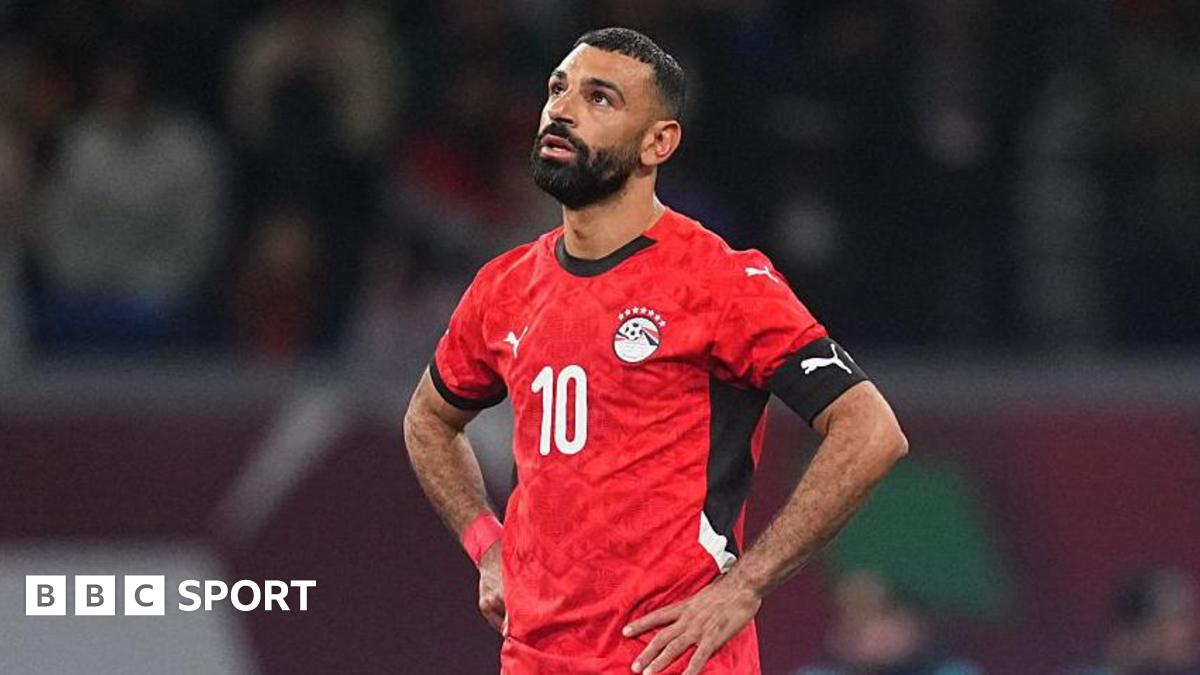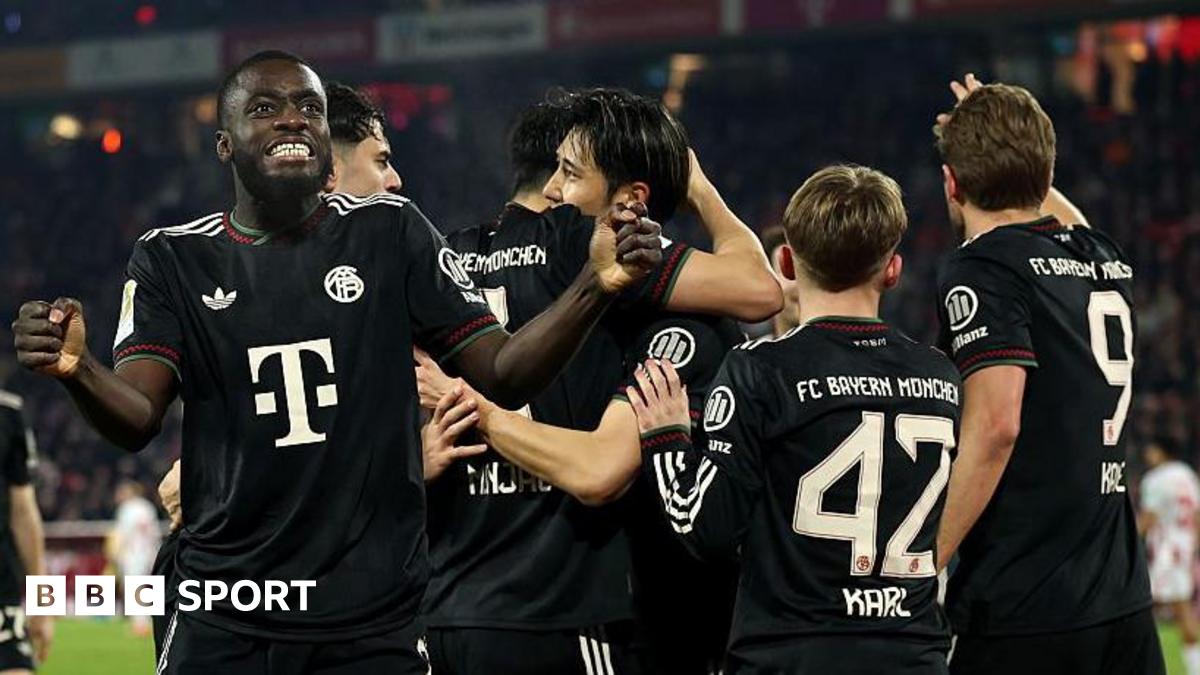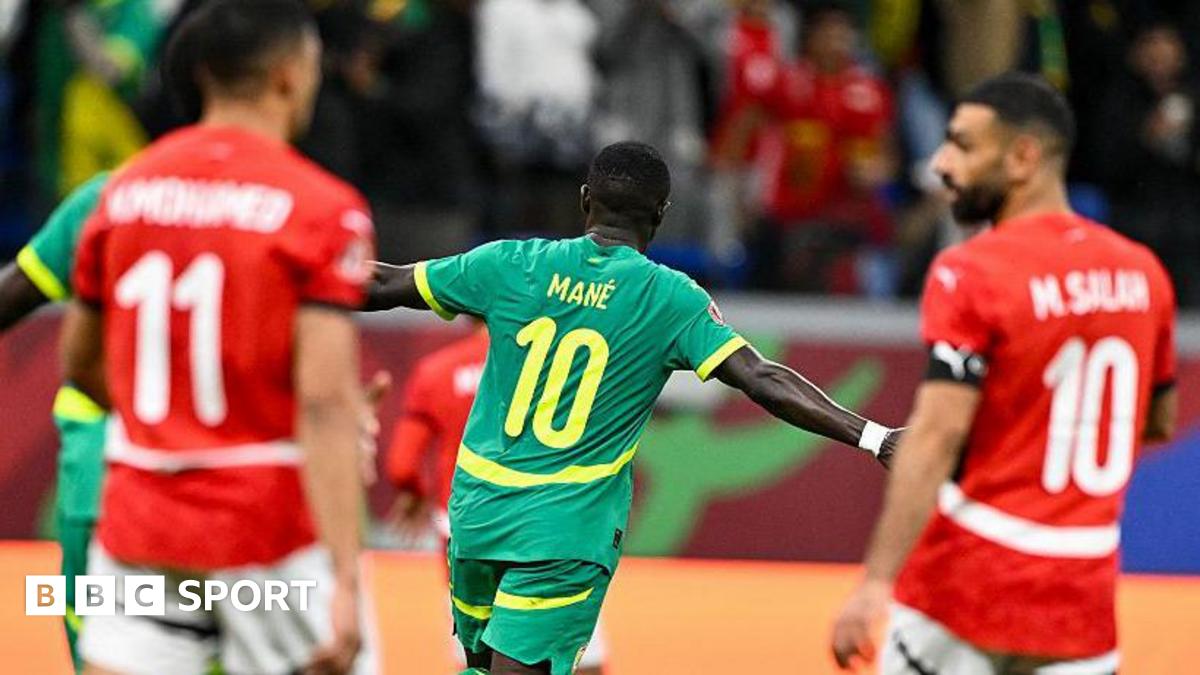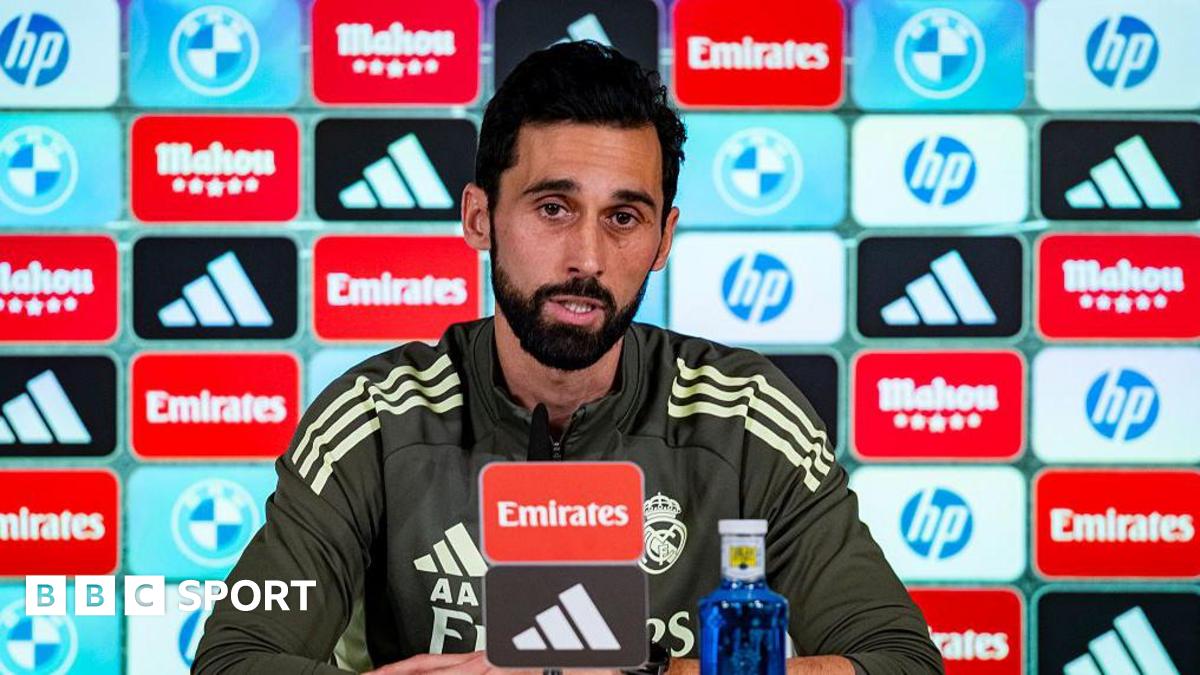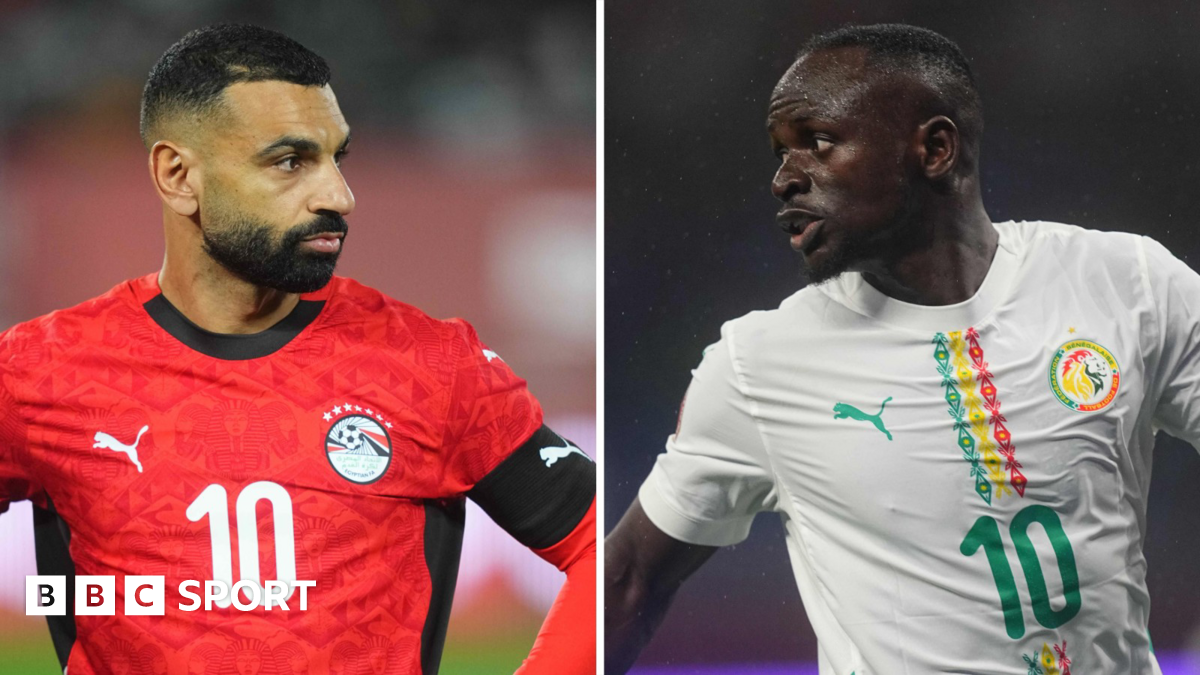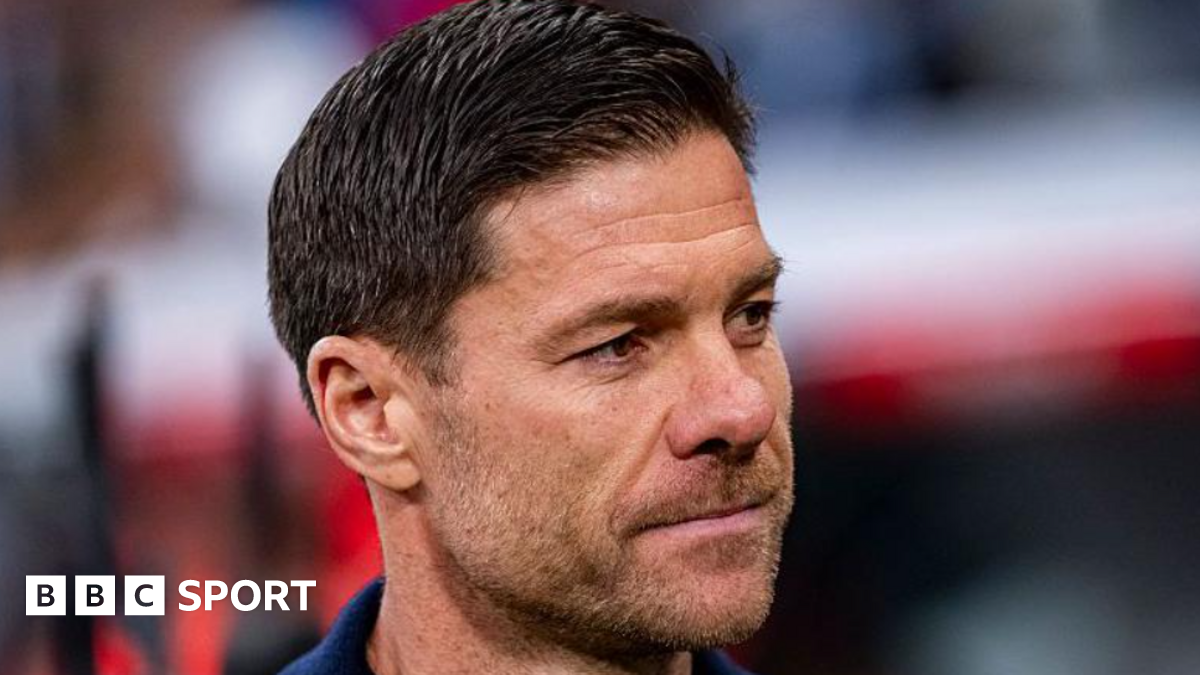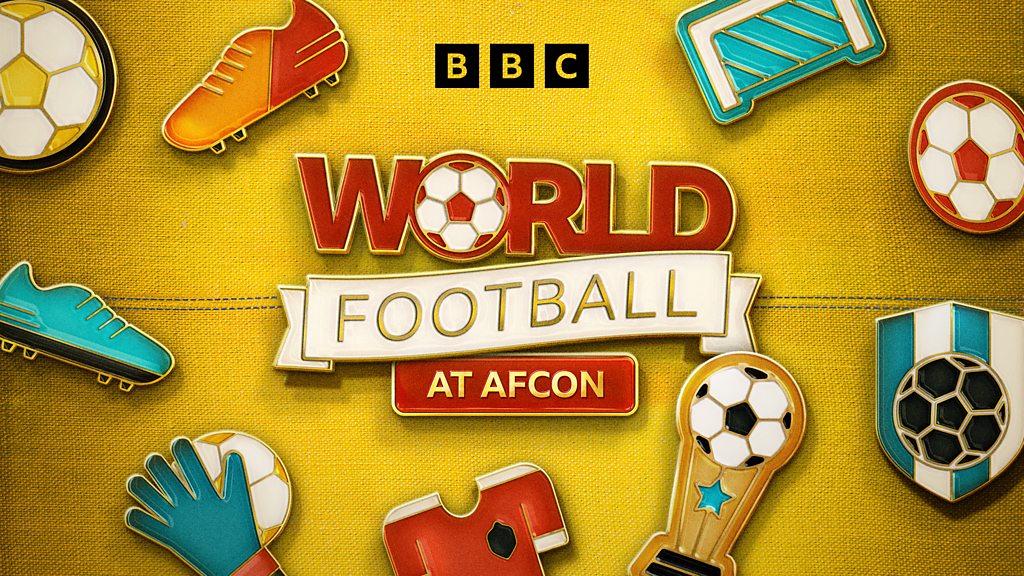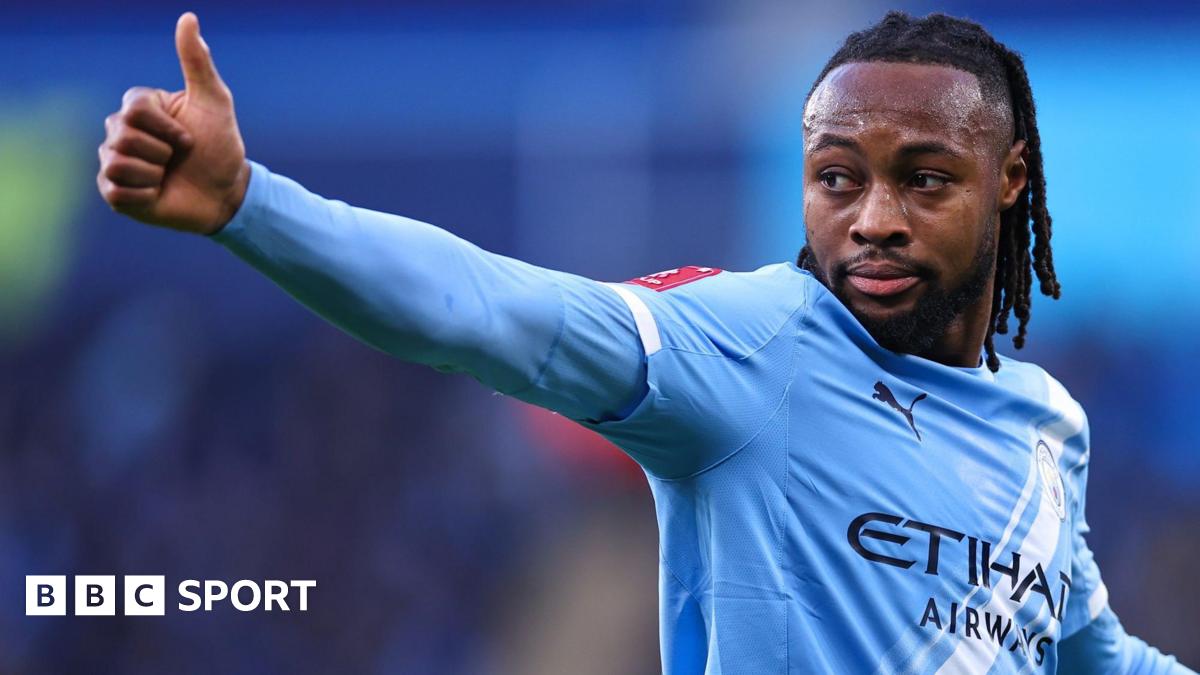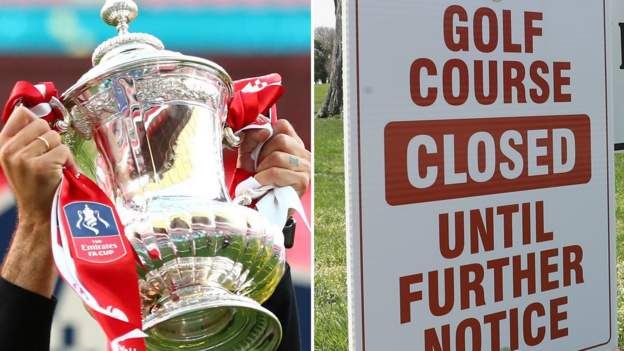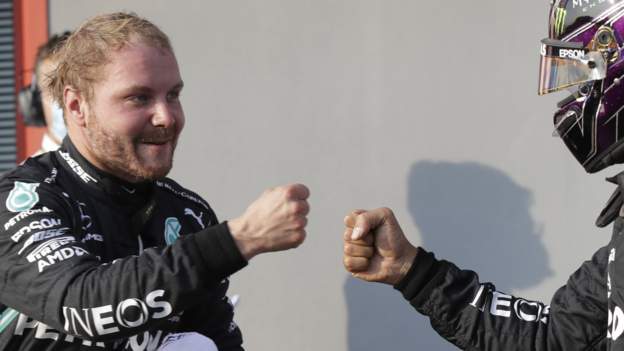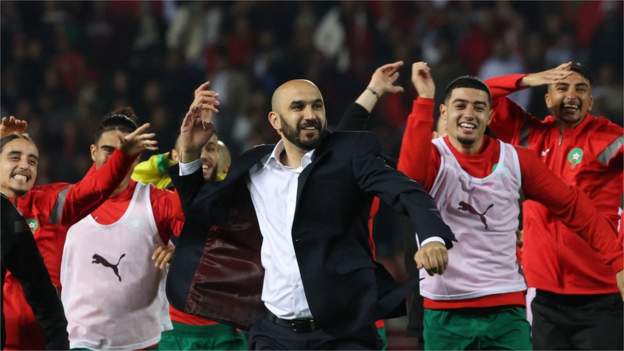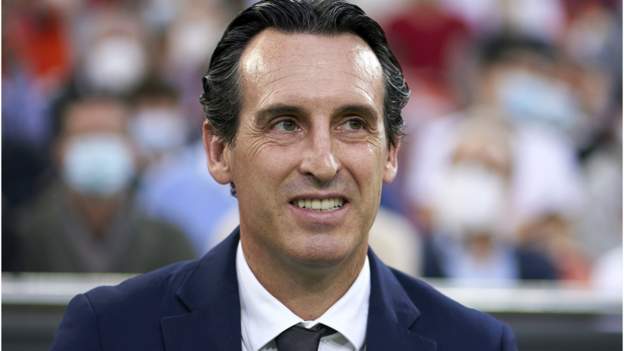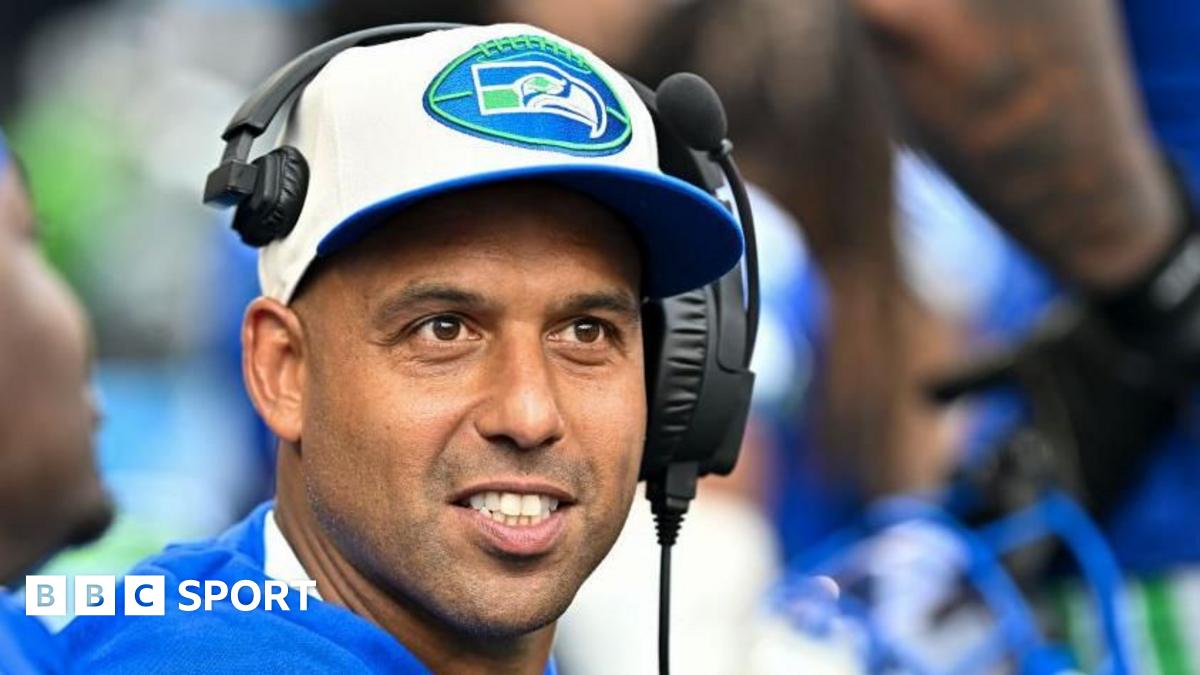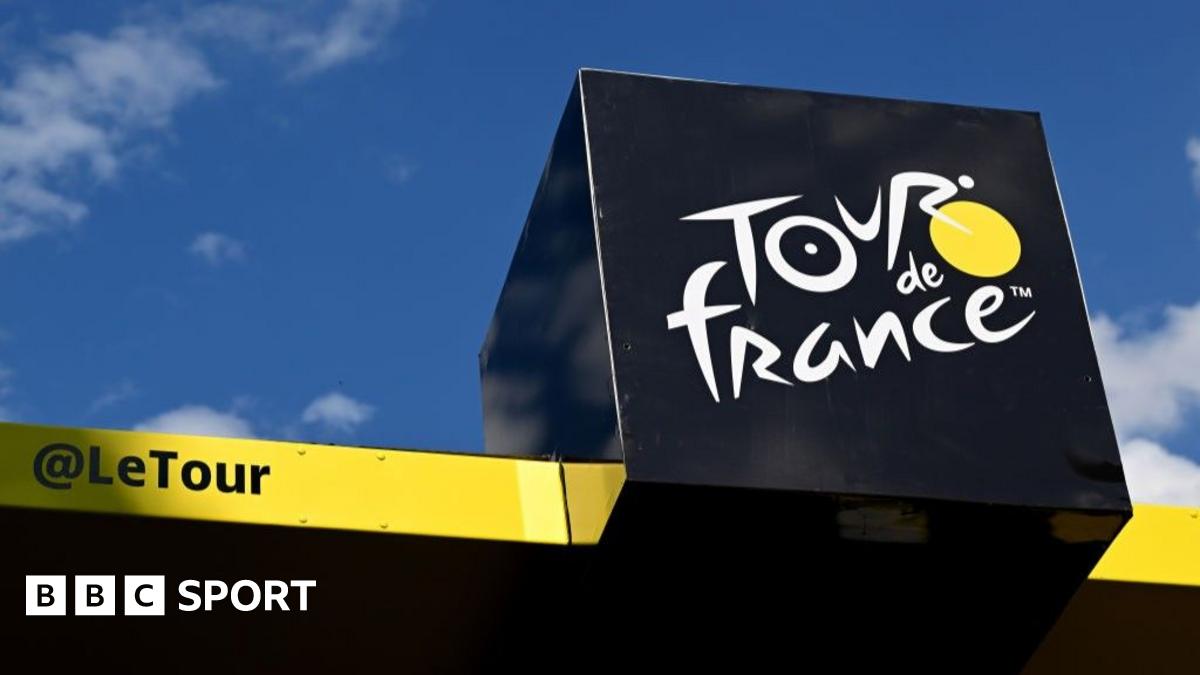All 40 FA Cup round-one ties, including those involving non-elite teams, will be played as planned from 6-9 November.
Elite sports can continue behind closed doors during the four-week lockdown from Thursday but rules on grassroots and amateur sport are being finalised.
The government has confirmed that the 10 non-elite teams left in the FA Cup can play under elite protocols.
But golf courses, driving ranges and tennis courts in England have been told to close until at least 3 December.
On Saturday, the government confirmed leisure centres and gyms will close, as will other indoor and outdoor leisure facilities. On Monday, speaking in the House of Commons, Prime Minister Boris Johnson ruled out any exemptions.
The BBC is showing 13 of the FA Cup first-round ties, with FC United of Manchester v Doncaster on BBC Two on Saturday (17:30 GMT).
There will be live streams of 12 further matches on BBC iPlayer and the BBC Sport website over the weekend.
All the matches will be played behind closed doors, with losing teams set to receive a share of prize money to lessen the financial impact of no fans attending.
The FA says it “remains in regular dialogue” with the government over what the new lockdown measures mean for “non-elite” football in England.
Johnson rules out U-turn on amateur sports
Both golf and tennis have tried to make a case for both to still be permitted outdoors between two individuals from different households in line with restrictions on exercise.
However, Johnson’s official spokesperson said the government will not reverse the decision to close golf courses and tennis courts in England.
When asked why the government is shutting them, he said: “People are able to use public spaces or walk or run in the park.
“The purpose of the tougher regulations, which I expect are going to be difficult for very many people, are to significantly reduce social contact.”
Asked in the House of Commons on Monday by MP James Sutherland if he would “reconsider the guidance” on the closure of gyms, golf clubs and tennis courts, Johnson replied: “once you unpick at one thing, alas, the effectiveness of the whole package is compromised.”
Pushed further on outdoor activities and support for indoor leisure facilities by MP Peter Aldous, Johnson said he would “look at all the suggestions made and at any exceptions we can sensibly make, but it is difficult to take out one part of the Jenga block without disturbing the whole package”, adding that both indoor and outdoor business would receive support.
In response, Lawn Tennis Association chief executive Scott Lloyd said the decision was “hugely disappointing” but the organisation would continue to put its case forward before MPs vote on the lockdown plans on Wednesday.
Golf courses in Wales have been shut since 23 October, but Scotland and Northern Ireland have allowed their courses to stay open.
Tennis courts are also currently closed in Wales but open in Scotland and Northern Ireland, with protocols in place.
Digital, Culture, Media and Sport select committee chair Julian Knight said he did not think a “blanket ban” that includes stopping golf and tennis in England was the “correct way of going about things”.
“These sports are uniquely built for social distancing and they opened safely in the spring in a limited way,” Knight told BBC Radio 4’s Today programme.
What about youth sports?
BBC senior sports news reporter Laura Scott says there is little hope that under-18s sport will be exempt and almost no hope of indoor gyms and pools reversing orders to close.
Swim England chief executive Jane Nickerson has urged people to sign an open letter to Johnson urging him to reconsider the decision to close “essential” swimming pools and leisure centres, which she says would be “devastating for so many”.
Meanwhile, former Wales midfielder Robbie Savage is urging the government to allow grassroots sport for children to continue as long as schools remain open for their “physical and mental wellbeing”.
“I would totally understand that if school were to be closed then grassroots sport should run parallel to that,” Savage, who coaches youth football, told BBC Radio 5 Live.
“There is real concern – how do you explain taking away playing football three or more times a week when they are still going to school? It’s heartbreaking.
“I don’t think it will be allowed to continue, I think it will be back in the first week of December and I urge the youngsters to be optimistic – last time it was three months out but this time they hopefully have a date to adhere to.”
Former DCMS select committee chair Damian Collins has written to Culture Secretary Oliver Dowden asking the government to allow youth sport to continue in England after 5 November.
He also called on the government to extend the definition of elite sport to include academy players at Premier League clubs and those in development centres such as the England Rugby developing player programme and Sport England’s talented athlete scholarship scheme.
“Young people will currently be allowed to continue with sport at school, and we believe that the risks to the spread of the coronavirus from outdoor grassroots youth sport would be minimal,” he said, in a letter also signed by former sports ministers Tracey Crouch and Helen Grant.
“There would, however, be clear and lasting benefits for these young people if the government could support this.”




